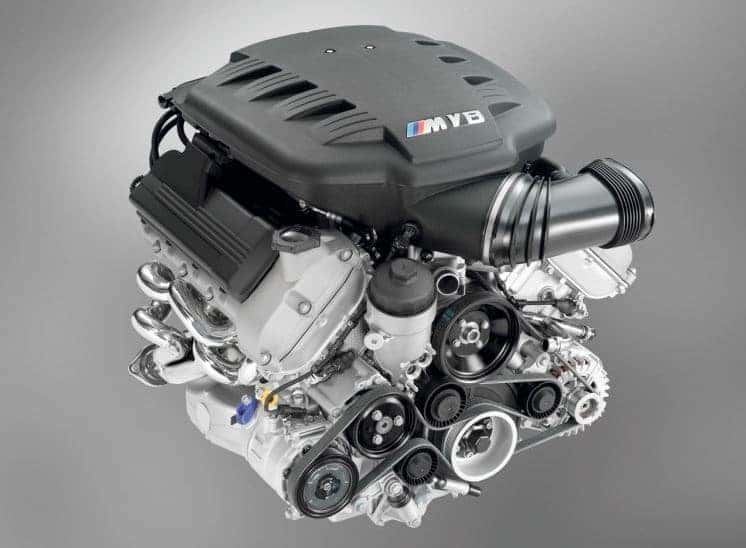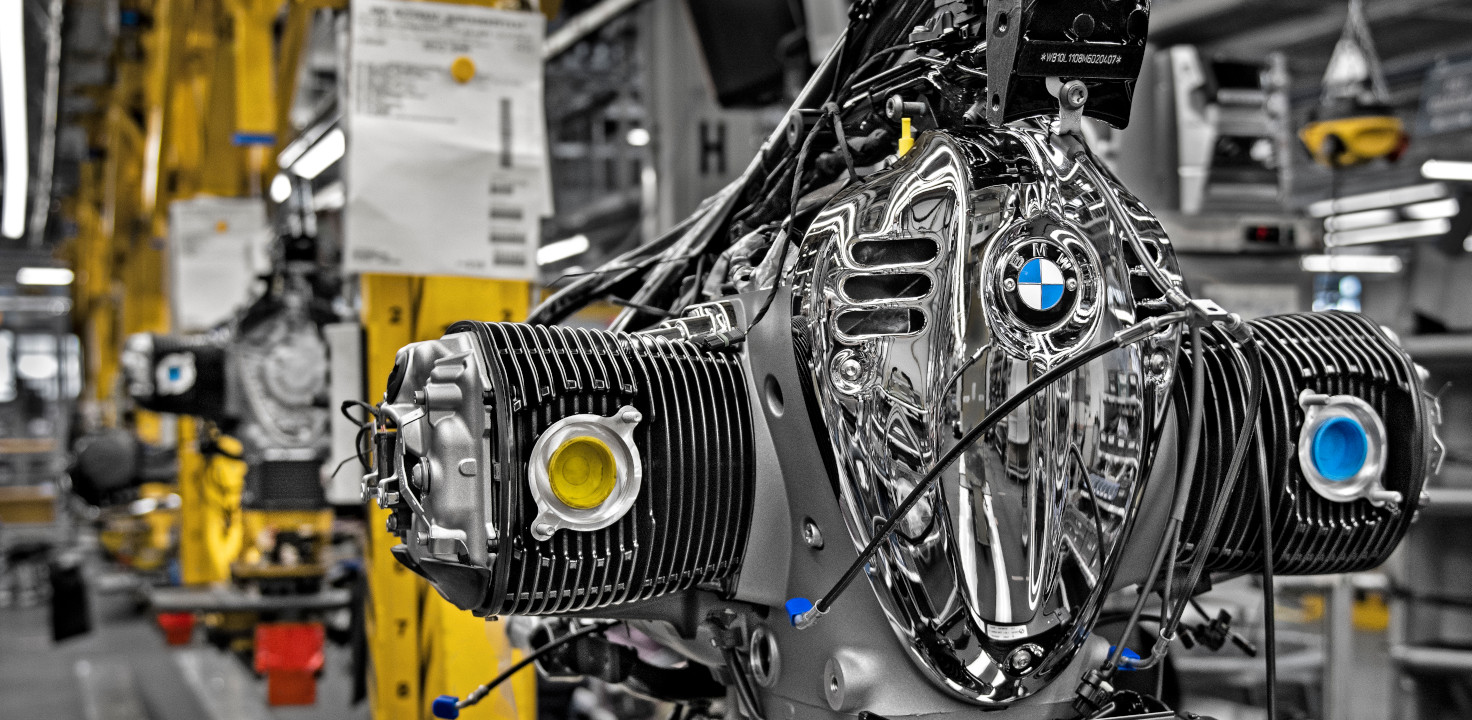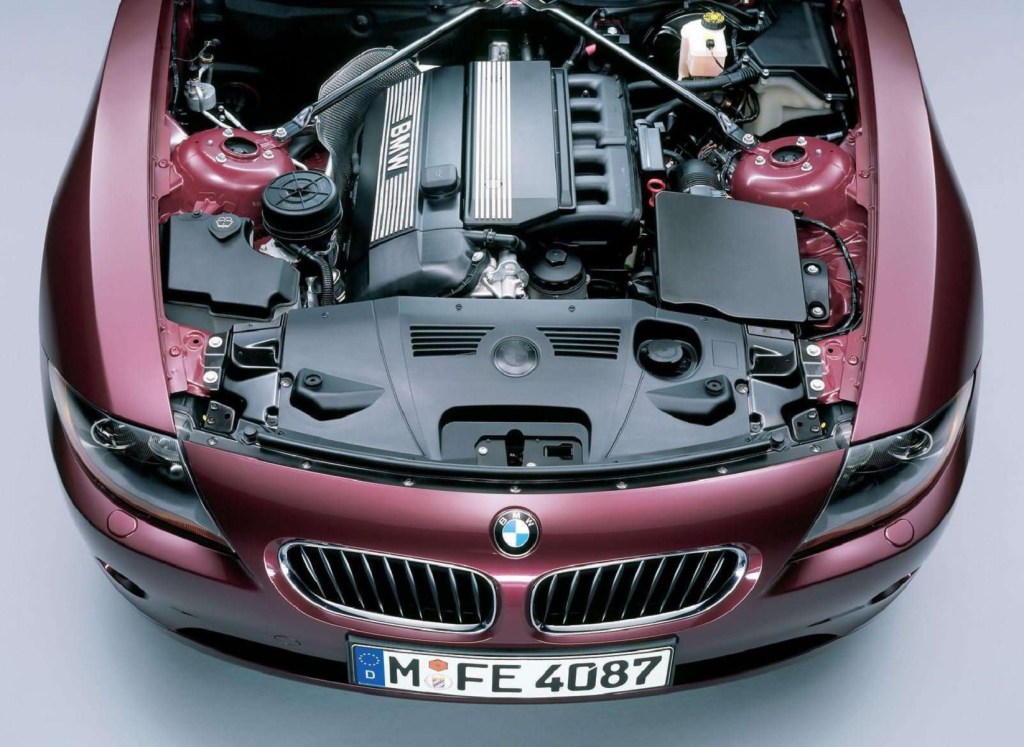Introducing the Intricacies of Next-Generation Power Units: a Deep Study Advanced Engine Layouts and Innovations
As we stand on the precipice of a brand-new period in transport, the intricacies of next-generation engine styles beckon us to discover the sophisticated modern technologies and advancements that promise to redefine the driving experience. Delving deeper into the realms of emission control, smart engine monitoring systems, and the perspective of power system advancement, we locate ourselves on the cusp of a transformation that promises to reshape the landscape of movement as we recognize it.
Advancement of Engine Products

The change in the direction of progressed engine products has actually likewise made it possible for designers to create engines with greater power outputs while preserving fuel efficiency requirements. As an example, the usage of light-weight materials decreases the total weight of the engine, leading to improved fuel economic situation and lower discharges. Furthermore, developments in products technology have actually allowed for much better thermal management within engines, resulting in enhanced integrity and durability.
Turbocharging and Supercharging Technologies
How do Turbocharging and Supercharging Technologies reinvent engine performance and efficiency in modern automobiles? Supercharging and turbocharging are technologies that considerably improve engine efficiency by enhancing the quantity of air consumption into the combustion chamber. Turbocharging attains this by using a turbine driven by exhaust gases to pressurize the intake air, while turbo charging makes use of a belt- or chain-driven compressor to accomplish the same result.
These modern technologies allow smaller, a lot more fuel-efficient engines to generate power equal to larger ones, called downsizing. Forcibly more air right into the cylinders, turbo charging and turbocharging enhance combustion efficiency, resulting in increased horse power and torque outcome without a significant rise in engine dimension. This causes better velocity, lugging capability, and total driving efficiency.
In addition, supercharging and turbocharging add to improved fuel performance by allowing the use of smaller sized engines that eat much less gas under normal driving problems - bmw engine. This combination of boosted performance and performance has actually made turbocharging and turbo charging indispensable components of numerous contemporary engine designs
Discharge Control and Environmental Influence
With raising worldwide problems concerning air high quality and ecological sustainability, the execution of emission control modern technologies in vehicles plays an important role in reducing hazardous contaminants launched into the environment. Modern cars are equipped with innovative emission control systems that help minimize the environmental influence of automotive procedures. Catalytic converters, as an example, are made to convert harmful gases such as carbon monoxide, nitrogen oxides, and hydrocarbons right into less dangerous materials like carbon dioxide and water vapor.
Furthermore, developments in engine technology, such as the integration of exhaust gas recirculation systems and selective catalytic reduction, have significantly added to lowering emissions. These innovations operate in tandem to maximize combustion efficiency and minimize the launch of hazardous pollutants into the air. Furthermore, the development of hybrid and electric automobiles represents an essential step towards lowering the general environmental footprint of the transport industry.
Intelligent Engine Monitoring Equipment

Additionally, these systems allow vehicles to satisfy strict exhausts standards without endangering efficiency, providing a much more eco-friendly driving experience. The assimilation of fabricated knowledge and maker understanding abilities in engine monitoring systems remains to press the limits of what is possible, resulting in additional improvements in effectiveness, integrity, and overall car efficiency. bmw engine. As automobile innovation developments, intelligent engine administration systems will play a vital role fit the future of transport in the direction of a more reliable and sustainable direction
Future Trends in Power Unit Development
As intelligent engine management systems pave the method for boosted control and optimization in modern-day automobiles, future patterns in power unit development are poised to redefine the landscape of automotive propulsion technologies. These alternate power Your Domain Name sources supply improved efficiency and performance while straightening with strict ecological guidelines.
One more substantial trend is the assimilation of innovative products and manufacturing methods. Lightweight products such as carbon fiber and aluminum are being utilized click over here now to reduce overall vehicle weight, enhancing gas effectiveness and performance. In addition, developments in 3D printing and additive manufacturing are allowing the manufacturing of complicated engine parts with higher accuracy and toughness.
Moreover, expert system and machine understanding are playing an important duty in optimizing power unit efficiency. These modern technologies permit real-time surveillance and flexible control, causing more dependable and reliable power delivery. Generally, future patterns in power device growth are geared towards sustainability, efficiency, and performance, driving the vehicle sector in the direction of a new era of propulsion technologies.

Conclusion
Finally, the innovations in engine products, turbocharging, exhaust control, and smart monitoring systems have paved the way for next-generation power systems. These technologies have not only enhanced efficiency and efficiency but likewise reduced ecological effect. As innovation remains to evolve, future trends in power unit growth are most likely to concentrate on further boosting sustainability and enhancing power output. The intricate layouts and developments in modern engines showcase the ongoing advancement of automotive technology.
Checking out the progressive advancements in engine materials has been crucial in improving the performance and efficiency of modern engines. Over the years, the evolution of engine materials has actually played an essential function in pushing the limits of what engines can attain.The shift in the direction of advanced engine products has likewise allowed engineers to create engines with higher power results while maintaining fuel anonymous performance criteria.The implementation of intelligent engine management systems in modern vehicles has revolutionized the method engines are controlled and optimized for performance and effectiveness. By collecting information in real-time and analyzing it with innovative formulas, intelligent engine management systems can adjust to driving styles, ecological elements, and engine health to make the most of power result while lessening gas usage and discharges.